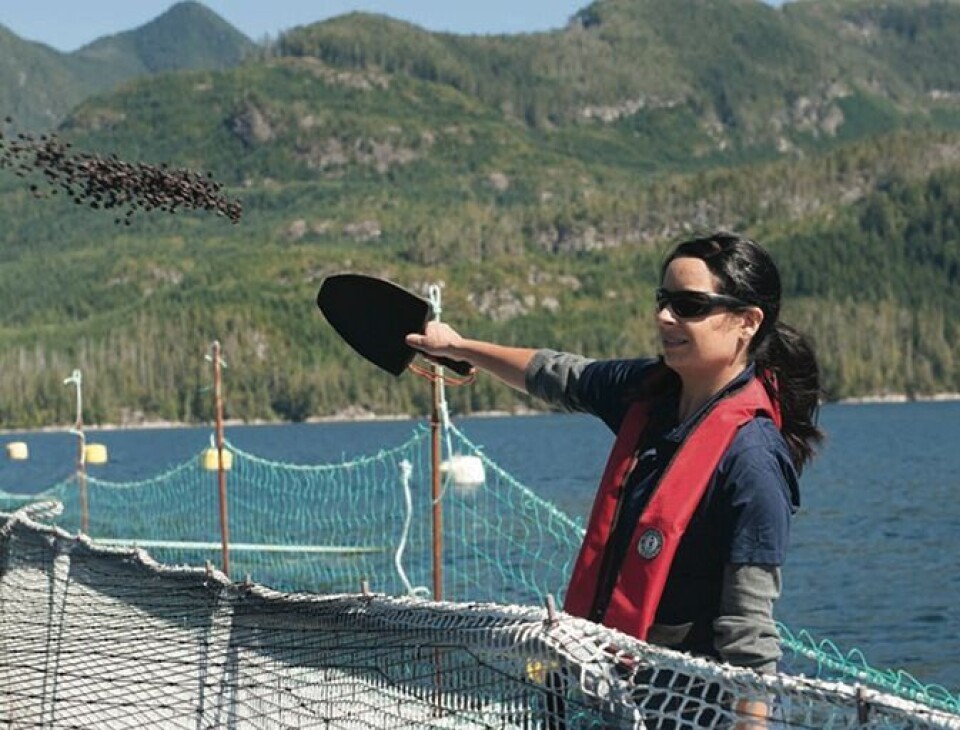
ASC puts focus on feed at Seafood Expo
The Aquaculture Stewardship Council says its new Feed Standard project will “minimise negative impacts of all aspects of production and sourcing”.
Speaking at the second day of the Seafood Expo North America, ASC standard and certification coordinator Michiel Fransen told a partner update meeting: "The ASC Feed Standard will allow producers to know they are sourcing the most environmentally sound and socially responsible ingredients. The standard is designed to incentivise fisheries on various sustainability levels to join the programme and improve their performance over time.
“Importantly, the standard also addresses the terrestrial components and plant derived ingredients beyond soy. We want to provide clear guidelines on all the components that go into feed in order to minimise negative impacts on all aspects of the production and sourcing."
The update was followed by a panel discussion moderated by Scott Nichols, founder and principal of Food's Future, and a Q&A session featuring ASC chief executive Chris Ninnes, Michael Tlusty, director of ocean sustainability science at New England Aquarium, Avrim Lazar, facilitator for the Global Salmon Initiative, and Blake Lee-Harwood, communications and strategy director for the Sustainable Fisheries Partnership.

Environmental footprint
Nichols said: “Aquaculture's ability to make dramatic increases in animal protein production is at the centre of a hopeful food future. Its resource use efficiency is unmatched but, to achieve its greatest potential, we must use feed ingredients and practices that continually lower aquaculture's environmental footprint."
The ASC Feed Standard will enable the feed industry to operate on a more environmentally sound and socially responsible basis. It will define requirements for both responsible factory practices, as well as requirements for the sourcing of responsible components for the three main ingredient groups: marine ingredients, terrestrial plant ingredients, and animal ingredients.
A second draft of the Feed Standard will be available for public comments in the coming months.























































